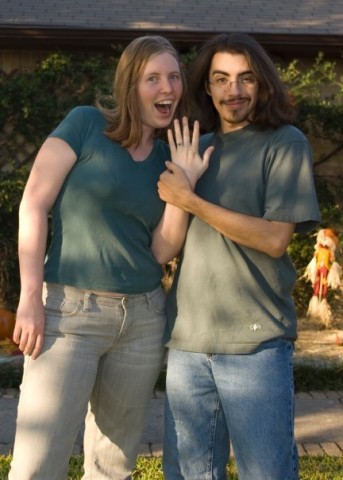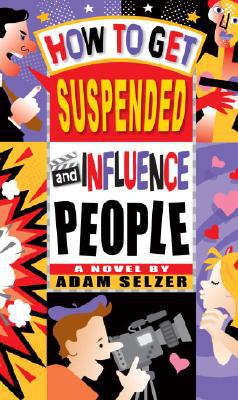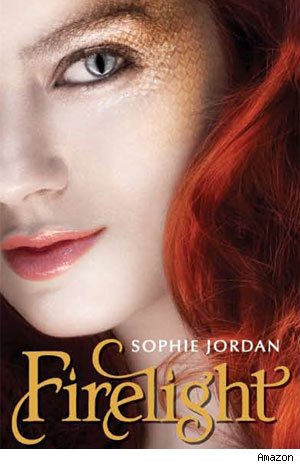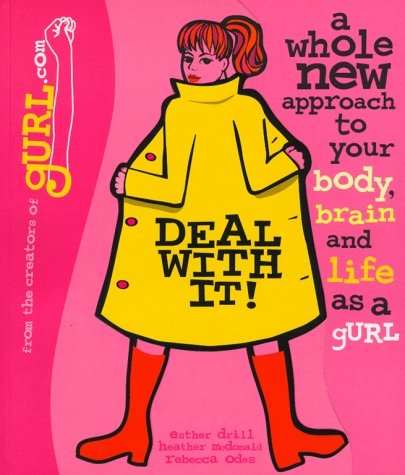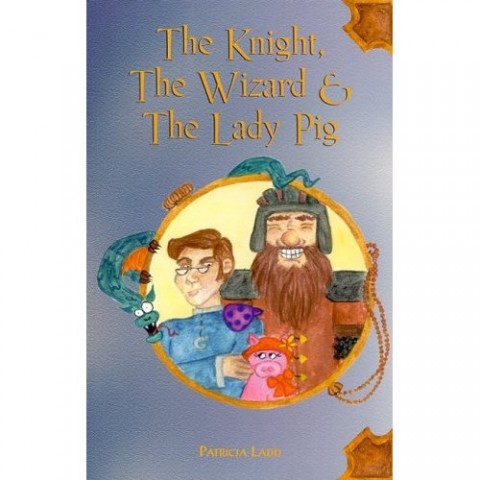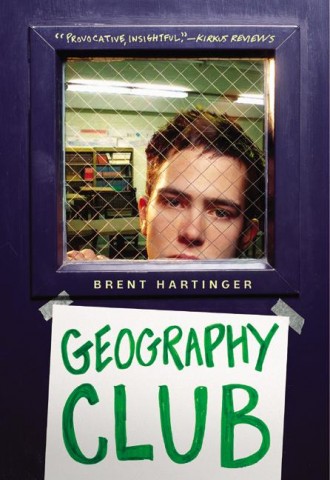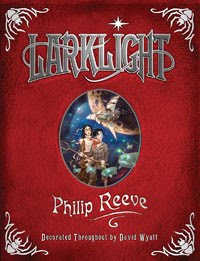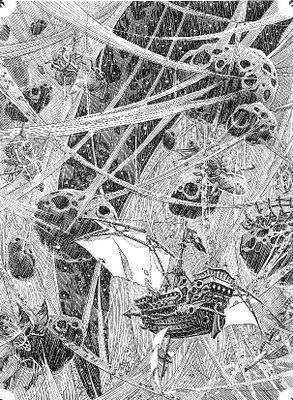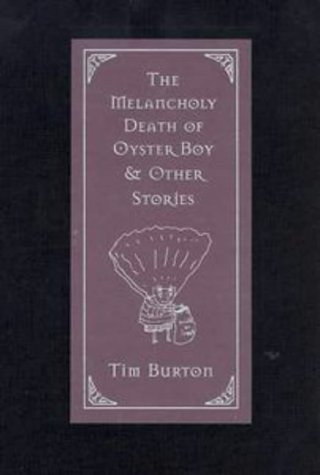When people ask me how Steven and I met, I explain what Screw Yer Roommate is1. Naturally since they haven’t experienced it for themselves, they have a hard time understanding how much of a non-date the setup is supposed to be. I really miss Rice sometimes just for the shock value, which usually happened like this:
Someone: How did you meet?
Me: Screw Date.
Someone: OMG WTF?
That never happens anymore. When I mentioned this disparity on facebook, Katelyn Willis pointed out to me that I am, in fact, a liar. My fun story about meeting on Screw Date is misrepresenting the facts.
The facts are these:
The very first time I saw Steven Wiggins was around 2:15pm, August 23, 2005, the Tuesday of the first week of classes, my freshman year and Steven’s first year as a transfer student. It was on a bench outside a second floor classroom in Rayzor Hall. I was pretending to read a book while peering sideways at the person next to me, who was apparently wearing cowboy boots. This was pretty exciting, because I had not expected Texas to really conform to Texas stereotypes at all, and was hoping that this cowboy boot appearance would prove me wrong and I would get to ride a horse or at least save the day with lasso tricks. I assumed that I would learn lasso tricks.
The first words he ever spoke to me were:
“Waiting for Classical Mythology?”
He claims to not remember this at all, and asks how I know that I didn’t talk first. Easy: Freshman Patricia hid her almost crushing shyness with an equally impenetrable barrier of nonchalance. And neither of those warranted talking to Cowboy Boots Guy. I don’t remember what else we talked about, probably because I only asked him questions, so he did most of the talking. I learned that he was a junior transfer from some college I’d never heard of and that he was a classics major. Later, when Rachel, who was in the same class, said, “Have you noticed that weird guy who always wears cowboy boots and that huge leather jacket?” I was able to respond definitively with “His name is Steven Wiggins, and he is maybe some kind of Dickens character gone Texan.”
I really can’t remember distinctly another time I spoke to Steven Wiggins, although Rachel and I did enough gossiping about him. Because, let’s face it, Classical Mythology was an oddly boring class. Each day we would set the chairs up in a circle, and then go around the room and each make some point about the reading. Usually, there were about five points you could intelligently make about the reading, which was hardly ever a full chapter even. Then the following comments would devolve into odd “connection” stories about people’s personal lives, movies they’d seen, or anime they’d written themselves. Gradually Rachel and I began to give everyone nicknames, mostly based upon whatever gimmick they habitually used to get their obligatory comment in. There was Manga Girl, My Boyfriend’s Mom Girl, The Author is Always Wrong Regardless Girl, and References Obscure Things No One Else Has Read Guy. When this got boring we would try to decide which god or goddess each person in the class was, and then which part of their body was the prettiest2.
Throughout all of this Steven Wiggins was mostly just Steven Wiggins, or sometimes Steven Wiggins, Esquire, I think because we couldn’t come up with an identity for him that was more ridiculous than the one he projected, which was something like the Great Gatsby. Some of the “Steven Wiggins quotes” I wrote down in my notes (since, let’s face it, I was not actually taking any notes) included: “Men are attracted to blondes because it’s a bright color; we like shiny things.” and “It’s like the difference between apertifs and before dinner drinks.”3 We would sometimes joke about him outside of class as we did about other people in the class to whom we’d assigned nicknames and rich yet fictitious backstories. I still can’t remember ever talking to him besides that first day.
And so, about a year after I had been eying his cowboy boots, I decided that the most ridiculous person to set Rachel up on Screw Date with–we were going for As Ridic As Possible that year–was Steven Wiggins. We hadn’t seen him since the last day of Classical Mythology, didn’t know where he lived, or how this could be set up, but I joked about doing it occasionally in the beginning weeks of school. That’s when Rachel, crafty as she is, took matters into her own hands, called his cellphone number which she found on facebook, and set him up as a date for me. A masterly preemptive strike. She had to explain what Screw Date was to him, being Deep OC4, but it didn’t matter because someone was going on Screw Date with him, which would certainly afford numerous hilarious stories to be recounted afterwards.
Which led to this:
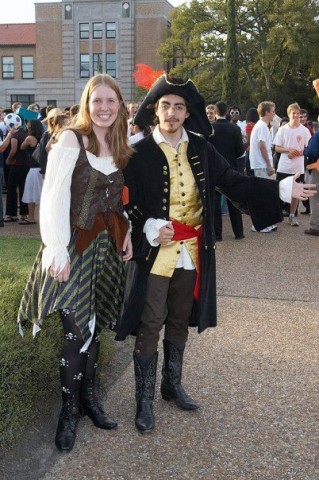
Screw Date '06. Steven will never know if I agreed to a second date solely because of the awesomeness of his pirate costume.
And gradually this:
And in about a year5 it will lead to us getting married (sorry, no picture of that yet) in an awesome costumed Halloween way!
So when people ask me how Steven and I met, I don’t really feel like I’m lying when I talk about Screw Date. Here are my three reasons:
1) It’s a better story!
2) I’m such a pathological liar that I don’t notice when I’m doing it anymore.
3) I really don’t feel like I met Steven until then. Or maybe even after then. Even though I could recognize him on sight after that first day of Classical Mythology, I really don’t think I met him–the real him, not some boredom-induced, literary characteresque construct or the equally as pervasive Steven Wiggins-fabricated social identity, until much later, maybe even after Screw Date. I guess it gets down to your definition of the word “met”. If it’s The Exact Moment I First Saw Steven Wiggins (or, at any rate, his shoes), it would have to be 2:15pm on August 23rd, 2005. If it’s when I feel like I “met” him, met who he actually is, when everything began, then it would have to be Screw Date, or probably even later. I guess this gets into my own personal views about this difference between knowing someone and meeting them, or knowing who someone is on a basic identification level and knowing who someone is on a more personal level.
Okay, laugh, because yeah that sounds dumb and sort of weirdly metaphysical. I guess I’m just sensitive to the dichotomy of a public social persona/true personality and the convoluted interplay between the two. I don’t think I’m like this particularly anymore, but in the past I know I’ve been fairly close to people who, in reality, have known absolutely nothing about me. My fault for being guarded, masking shyness with almost excruciating nonchalance? Their fault for not caring enough to ask? Probably both. Everyone wears these personae to a greater or lesser extent, and I think Steven Wiggins, Esq., whom I certainly met at 2:15pm on August 23, 2005, was just a form of one. The real Steven Wiggins? I saw a few glimpses of him on Screw Date–he actually threw up in a bush around 1am from–and I quote–“not drinking enough Coke” (I know, auspicious, right?). But that’s the fun of a relationship, isn’t it? Taking the time and effort to figure that out.
Anyway, it’s my story, and I’ll tell it how I want.
- 1Screw Yer Roommate is a Rice tradition where you set your roommate up with a blind date by contacting the prospective date’s roommate, a process made significantly harder now that facebook does not list dorm room number (I am told). The trick is that each date has a gimmick to find each other amongst the masses of people also trying to find their dates in the quad. One year Rachel and a slice of bread with peanut butter on it and had to seek the jelly half of the PB&J. Freshmen year we made Maggie play Marco Polo with her blind date (blindfolded in the quad–not for the faint of heart). Naturally there are usually a lot of cowboys. ↑
- 2This led to the creation of the nickname “Ben with Nice Ankles” mostly at Rachel’s insistence, since I am generally not a big noticer of ankles for whatever reason. Two years later, when I met this person again in another context, I helplessly blurted out “You’re Ben! You have Nice Ankles!” to his confusion. ↑
- 3What IS the difference, Steven Wiggins?↑
- 4Deep OC=living extremely off-campus↑
- 5October 29, 2011 to be exact↑
